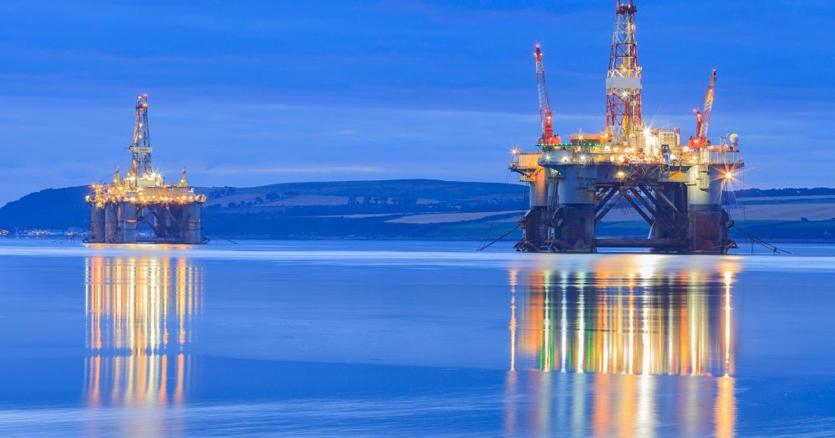Photo:Getty
Oil and gas giants take $87bn hit on assets in nine months
By Rubina Obaid | The World Daily | AUGUST 19th 2020
"The analysis was portrayed by the climate finance think tank Carbon Tracker, which revealed that only in the last three months companies including Royal Dutch Shell, BP, Total, Chevron, Repsol, Eni, and Equinor slashed the value of their assets that is around $55bn"
The outbreak of the unprecedented lethal virus triggered huge fear and fueled the situation of emergency around the globe. Dramatic measures have been taken by the Governments worldwide, which became the reason for cutting down all activities and encouraged lockdown. This led to keeping numerous industrial processes on hold, and the restriction massively impacted oil companies who faced the most terrible crash they had in decades. Due to the situation, a surge of panic has blown into the oil market that in turn squeezed the oil supply to cushion the tumbling prices. Thus, Seven of the world's largest oil companies relegated nearly $90bn from the value of their oil and gas assets in the last three financial quarters while the coronavirus worked as a catalyst in this global shift.
The analysis was portrayed by the climate finance think tank Carbon Tracker, which revealed that only in the last three months, companies including Royal Dutch Shell, BP, Total, Chevron, Repsol, Eni, and Equinor slashed the value of their assets - that is around $55bn. It all began earlier, when renewable energy targets took major strides away from fossil fuels. The impact entwined with the spread of the Coronavirus and created a cascade effect on the oil sector. While energy leaders geared up to counter the energy concerns and reassessed their expected oil and gasoline demand in the coming years.
In order to keep the acceleration towards a sustainable shift for a decarbonized economy, oil production giants like Respol and Total considerably reduced the worth of their reserves in the last quarter. BP took a £1.1bn hit to its reserves values in the first quarter and £13.7bn in the second quarter, and cut its oil forecast to an average of $55 a barrel between 2020 and 2050. While, Shell reduced its forecast from $60 a barrel to an average of $35 a barrel this year, and valuation by £2.9bn, £0.7bn, and £22.3bn respectively, over the past three quarters. BP also shared the plan of unloading its oil fields to reduce 40 percent of its manufacturing this decade. Whereas, OPEC and its allies agreed to continue a deal of oil production slash to help for bolstering the crashed market when the cost plunged to its lowest.






